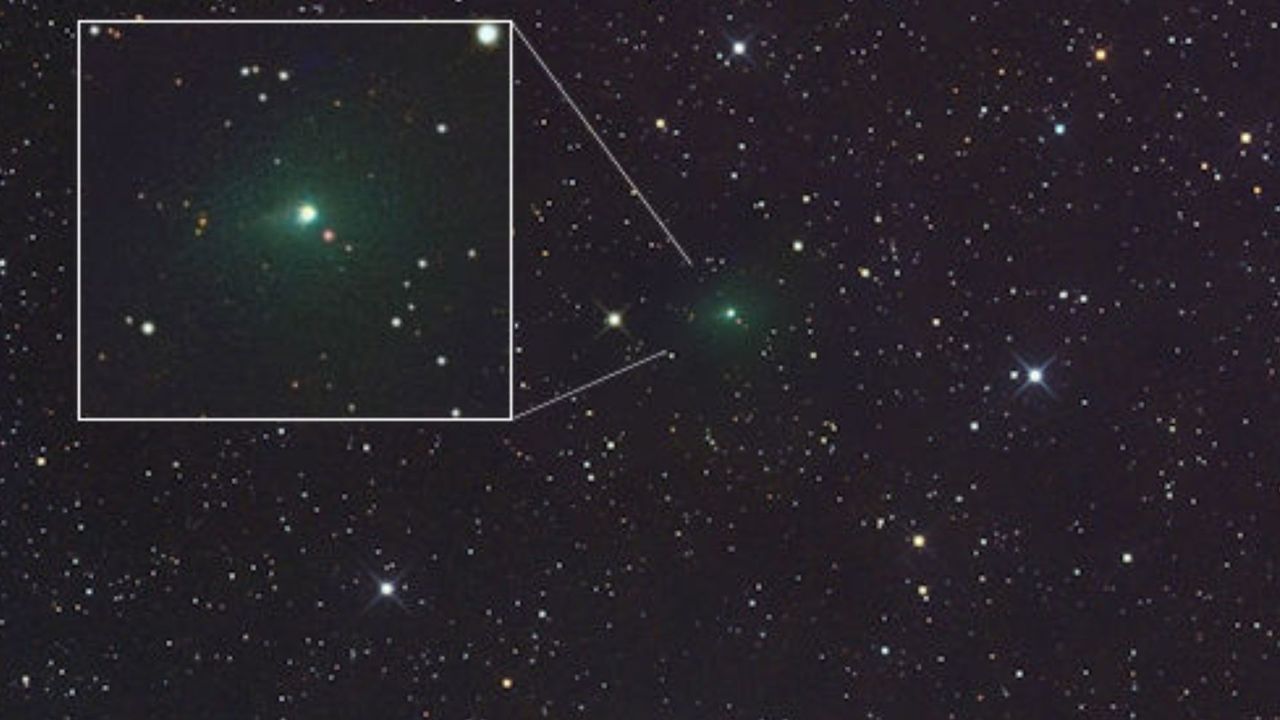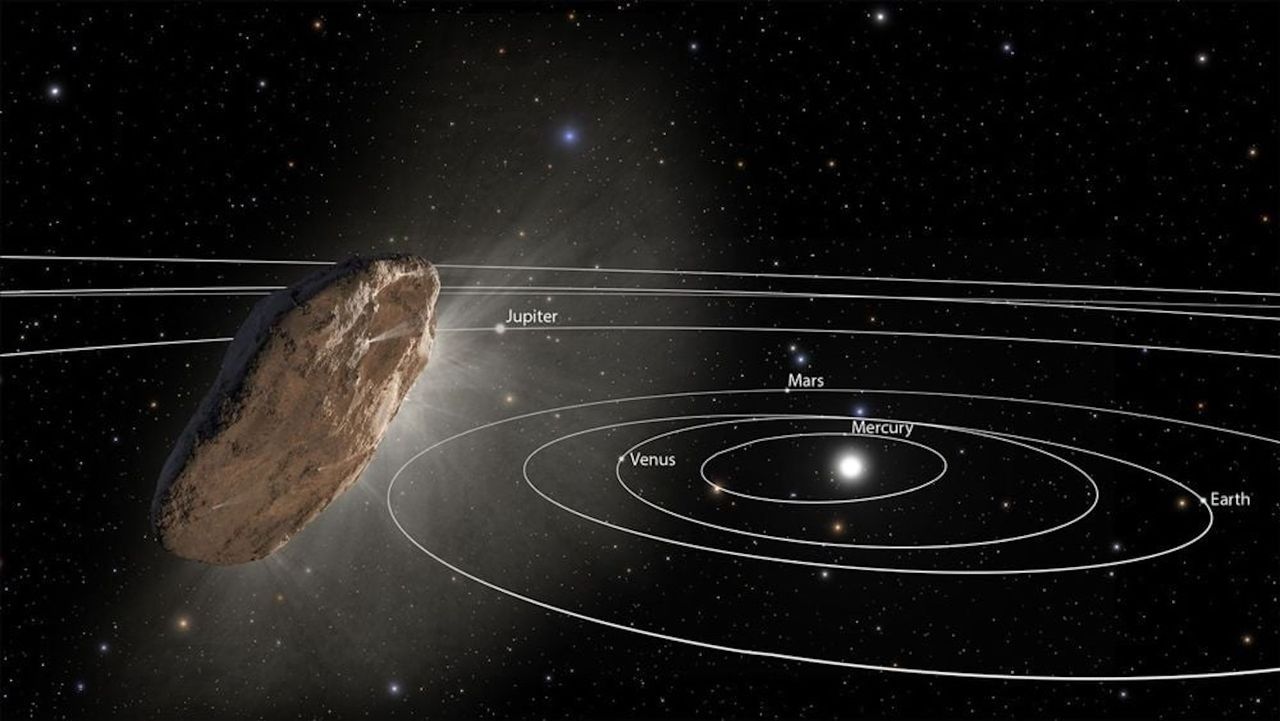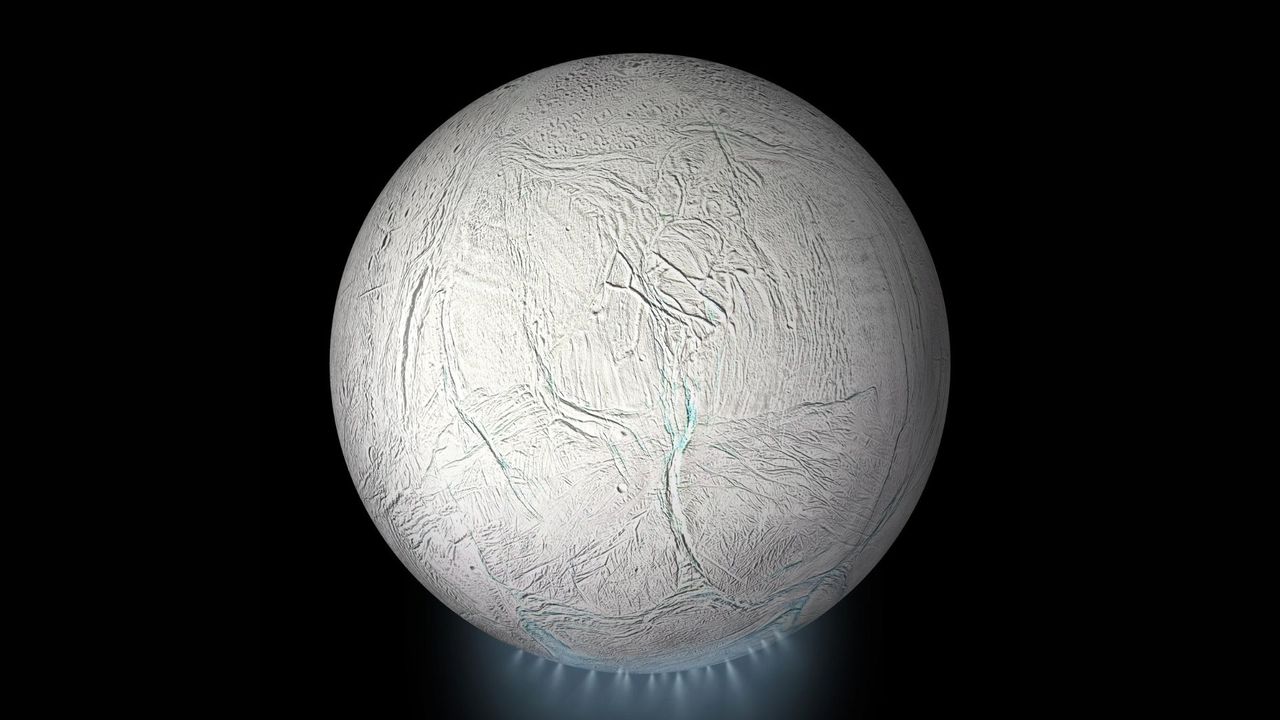Interstellar visitors like comet 3I/ATLAS are the most common objects in the Milky Way: 'There's almost always one within the solar system'
PositiveScience

Astronomers reveal that interstellar objects like comet 3I/ATLAS are the most common large bodies in the Milky Way, providing a unique opportunity to study other planetary systems.
— via World Pulse Now AI Editorial System


